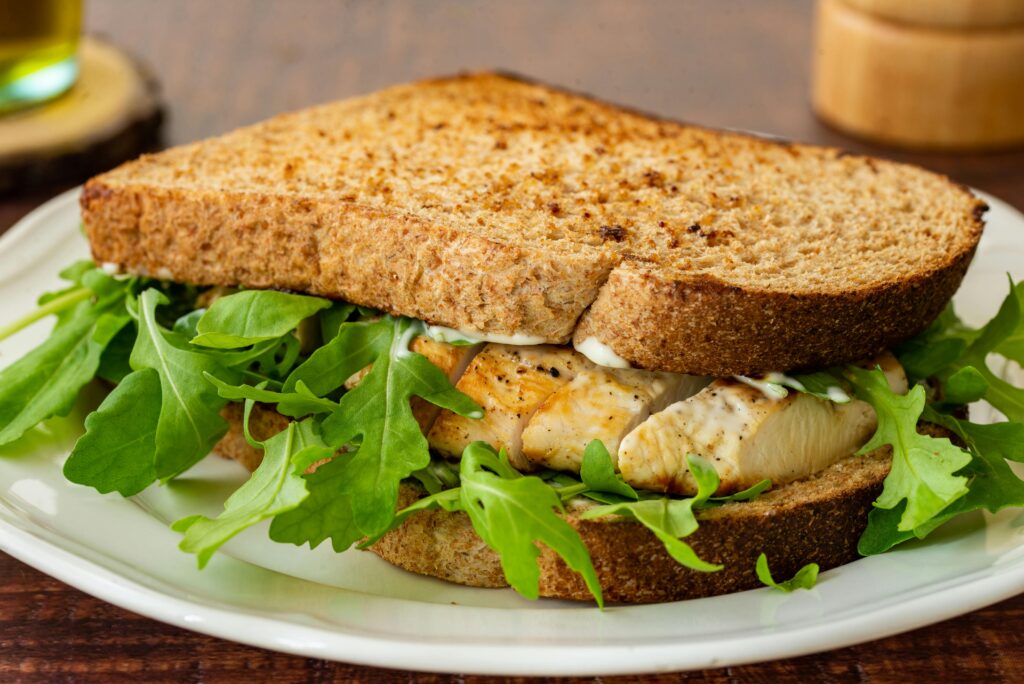
Overview
Maintaining a healthy gut is essential for overall well-being. It impacts everything from digestion and nutrient absorption to immune system function and even mental health. While probiotic-rich foods like yogurt are commonly known to support gut health, many surprising foods can also improve your digestive system. Incorporating these lesser-known gut-friendly foods into your diet can foster a balanced microbiome and promote long-term health.
What Is Gut Health?
Gut health refers to the balance of microorganisms that live in the digestive tract. These microorganisms, also known as the gut microbiome, play a critical role in digestion, immune defense, and the production of essential vitamins. A healthy gut microbiome consists of diverse, beneficial bacteria, while an unhealthy gut may lead to digestive issues, inflammation, and even chronic diseases. Consuming foods rich in probiotics (live bacteria) and prebiotics (food for bacteria) is key to maintaining a thriving gut.
1. Fermented Foods
Fermented foods are rich in probiotics, which help balance the gut microbiome. These foods promote the growth of beneficial bacteria while inhibiting harmful strains.
- Kimchi: This traditional Korean dish is made from fermented cabbage and other vegetables. It contains probiotics that support digestion, enhance immune function, and reduce inflammation.
- Sauerkraut: Fermented cabbage, or sauerkraut, is a natural source of probiotics. It helps improve digestion, prevent constipation, and boost gut health.
- Kombucha: A fermented tea, kombucha is packed with probiotics and antioxidants. Drinking kombucha regularly may improve digestion and enhance the body’s detoxification process.
2. Garlic and Onions
Garlic and onions contain prebiotics, which are non-digestible fibers that feed the beneficial bacteria in your gut. These sulfur-rich vegetables support digestive health and strengthen the immune system.
- Garlic: Garlic has antimicrobial properties, which can help eliminate harmful bacteria in the gut while promoting the growth of beneficial bacteria.
- Onions: Onions are rich in inulin, a type of prebiotic fiber that supports digestive health and stimulates the growth of beneficial bacteria in the colon
Related: best probiotic foods for gut health
3. Bananas
Bananas are a fantastic source of dietary fiber and prebiotics. They are particularly good for gut health because they help regulate digestion and encourage the growth of beneficial bacteria.
- Resistant Starch: Green bananas, in particular, are high in resistant starch, which acts as a prebiotic, feeding good bacteria and improving gut health.
- Electrolyte Balance: Bananas are also rich in potassium, which supports the electrolyte balance in the body and helps prevent digestive issues like bloating.
4. Almonds
Almonds are another gut-friendly food, offering both fiber and healthy fats that promote digestive health. They support the growth of beneficial bacteria in the gut and provide essential nutrients like magnesium.
- Prebiotic Fiber: Almonds are high in prebiotic fibers that feed gut bacteria, improving microbiome diversity.
- Gut Health Benefits: Regular consumption of almonds has been shown to boost gut health by increasing the levels of beneficial bacteria in the digestive tract.
5. Dark Chocolate
Dark chocolate is not only a treat but also a food that can benefit your gut. High-quality dark chocolate contains polyphenols, which are plant compounds that act as antioxidants. These polyphenols support the growth of beneficial gut bacteria.
- Polyphenols: The polyphenols in dark chocolate encourage the production of healthy gut bacteria, which can reduce inflammation and improve overall digestive health.
- Gut Microbiome: Consuming dark chocolate in moderation can lead to positive changes in the gut microbiome, promoting the growth of beneficial bacteria.
6. Apples
Apples are rich in pectin, a type of soluble fiber that acts as a prebiotic. This fiber feeds beneficial bacteria and helps improve digestion, reduce constipation, and maintain gut health.
- Pectin Fiber: The pectin in apples helps slow digestion and aids in the production of short-chain fatty acids, which are essential for gut health.
- Antioxidants: Apples are also loaded with antioxidants, which help protect the gut from inflammation and damage.
7. Bone Broth
Bone broth is widely known for its gut-healing properties. It is rich in collagen, gelatin, and amino acids, all of which help repair the gut lining and reduce inflammation in the digestive tract.
- Collagen and Gelatin: These compounds found in bone broth help seal the gut lining, which can prevent leaky gut syndrome and improve digestion.
- Amino Acids: Bone broth contains glutamine, an amino acid that is particularly beneficial for repairing the gut lining and improving gut health.
8. Oats
Oats are an excellent source of fiber, particularly beta-glucan, which helps regulate digestion and supports the growth of beneficial bacteria.
- Beta-Glucan: This type of soluble fiber found in oats has been shown to improve gut health by feeding beneficial bacteria in the digestive tract.
- Digestive Benefits: Oats help regulate bowel movements, prevent constipation, and promote overall digestive health.
9. Artichokes
Artichokes are high in inulin, a type of prebiotic fiber that supports the growth of beneficial gut bacteria. They also promote healthy digestion and can help alleviate bloating.
- Inulin: Inulin is a prebiotic fiber that promotes the growth of healthy bacteria in the gut, improving digestive health.
- Digestive Relief: Artichokes also support digestion by reducing symptoms of indigestion and promoting regular bowel movements.
10. Berries
Berries, such as blueberries, raspberries, and strawberries, are packed with fiber and antioxidants that support gut health. Their high fiber content promotes regular bowel movements, while their antioxidants protect the gut from damage and inflammation.
- Fiber Content: Berries are high in fiber, which supports digestive health and helps regulate bowel movements.
- Antioxidants: The antioxidants in berries protect the gut from oxidative stress, reducing inflammation and promoting a healthy gut environment.
The Takeaway
Supporting your gut health doesn’t always require complicated diets or supplements. By incorporating these surprising gut-friendly foods into your meals, you can improve your digestive health, boost your immune system, and foster a healthy gut microbiome. From fermented foods like kimchi and sauerkraut to everyday items like bananas and dark chocolate, your diet plays a crucial role in your gut’s well-being. A healthy gut means better digestion, enhanced immunity, and overall improved health











